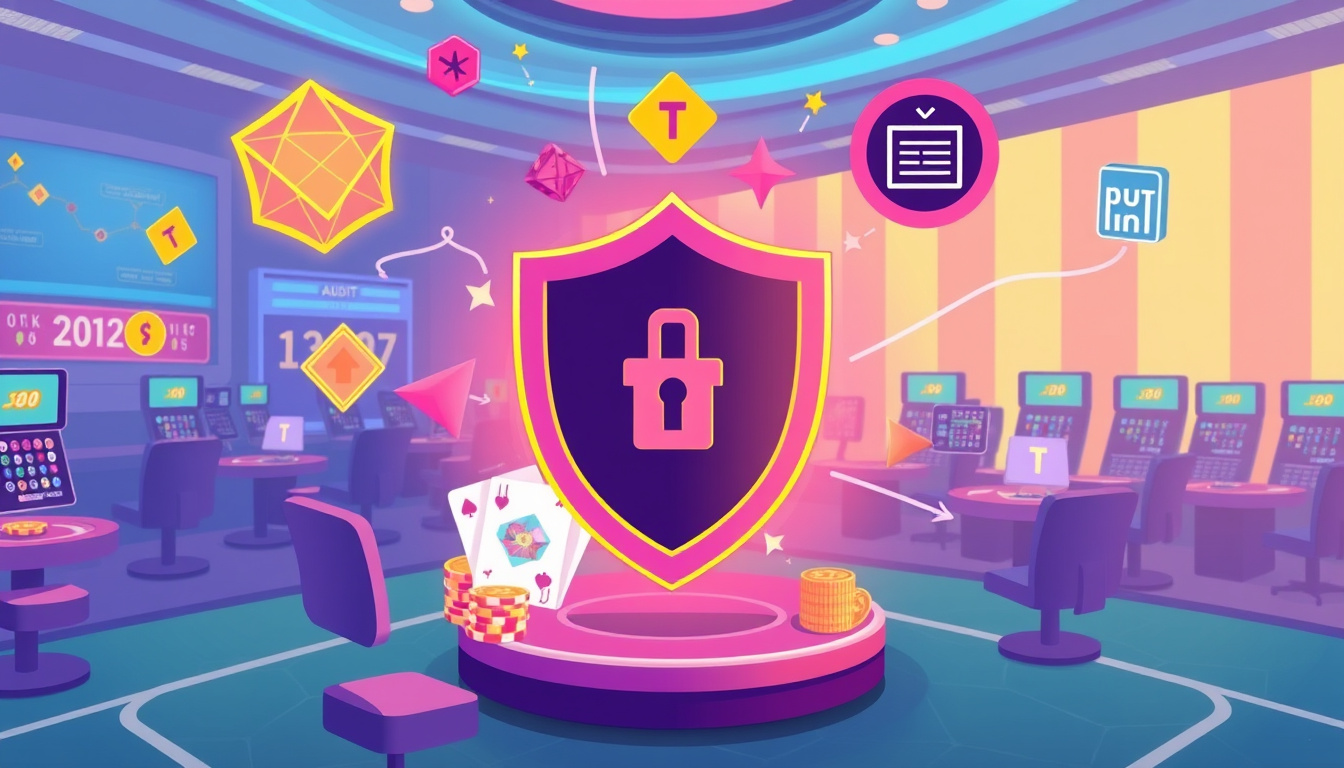Casino platforms use blockchain to run games. They depend on smart contracts to handle bets, payouts, and game rules. These contracts face risks from bugs and hacks. Audits scan code to find errors before launch.
Introduction to Smart Contract Auditing in Casino Gaming
Smart contract audits keep funds safe in casino platforms. Audits check code to spot mistakes or weak points. They build trust with players and stand by legal rules.
Overview of Top Smart Contract Auditing Tools
Experts mix tools that run tests on contracts with tools that check the code. Each tool looks at the code in a different way. Using several tools helps cover many risks.

Fuzz Testing Tools
Echidna tests with many random inputs. It checks if the smart contract works well. Medusa runs tests in parallel to cover more cases. Diligence Fuzzing runs tests as a service. It studies bytecode and runs tests that match the contract’s goals.
Static Analysis Tools
Slither scans the code without running it. It flags errors and risky code lines. Cyfrin Aderyn looks at the code structure quickly. It meets the need for low error rates and custom rules.
Formal Verification Tools
Halmos checks smart contract rules with math. Its tests prove that the code always works as planned. This tool is used when contracts handle much money.
Common Vulnerabilities in Casino Smart Contracts
Auditors aim to spot key risks in casino contracts. They look at reentrancy attacks that can empty funds. They check for arithmetic errors that shift bet totals. They mark code errors that let the wrong user run a function. They catch loop issues that can stall a contract. They warn of storage mistakes that expose data.
Auditing Process and Best Practices for Casino Contracts
Audits follow several steps:
• Code review and threat checks build safety rules.
• Tools run tests on the code, both with input changes and by checking the code piece by piece.
• Testing happens on safe test networks that mimic real use.
• Reports list each error and suggest fixes.
Casino makers must test audits before a live launch. Updates get checked again to keep contracts sound.
Additional Considerations for Casino Platforms
Apart from code safety, casino contracts must meet legal rules:
• Rules on licensing and user regions guide contract access.
• Age checks and fair play rules shield players.
• ID checks and safe money tests protect payment processes.
• Ongoing monitoring spots sudden issues in live contracts.
These parts must work with the audit to build a safe game space.
Conclusion
Mixing fuzz tests, code scans, and math-based tests makes contracts strong. Knowing how each tool works helps catch errors early. Safe, approved casino contracts build trust. This method guards both makers and players in the gaming world.
Note: This article shows knowledge as of mid-2025. It fits casino contract audits in places that allow blockchain games. Check local licensing rules and keep fair gaming texts clear for users.






























